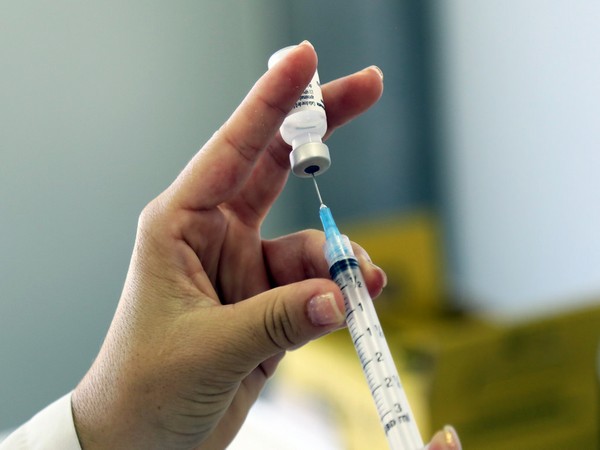
Kathmandu : To integrate pandemic vaccines in national immunisation programme in countries of the WHO South-East Asia Region, vaccine regulators, and officials from WHO today began deliberating strategies to enable member countries to transition from the use of COVID-19 vaccines under Emergency Use Authorisation to a regular marketing authorization.
"Even though the acute phase of the COVID-19 pandemic is over, the virus is still circulating. We need to make sure people continue to stay protected from existing and future variants. For this, it is crucial that regulatory authorities of Member States are better equipped to take considered decisions to grant long-term authorization to COVID-19 vaccines and introduce them in national immunisation programmes as per requirements," said Regional Director, WHO South-East Asia Dr Poonam Khetrapal Singh at the start of the three-day meeting.
Following unprecedented global collaboration and efforts to combat COVID-19, multiple vaccine products were developed. To facilitate their availability and use during the health emergency, most national regulatory agencies established Emergency Use Authorization (EUA) for COVID-19 vaccines based on the Emergency Use Listing (EUL) by WHO.
Since their introduction, more than 3.35 billion COVID-19 vaccines have been administered in ten member countries of the WHO South-East Asia Region under the Emergency Use Authorization mechanism.
During the three-day regional workshop on 'Conversion of Emergency Use Authorization (EUA) to full Marketing Authorization (MA) for pandemic vaccines including COVID-19' organised by WHO, members of the National Regulatory Authorities (NRAs), National Control Laboratories (NCLs) of Member countries and experts from WHO and the Therapeutic Goods Administration (TGA) Australia will deliberate on several issues and examine key considerations to meet regulatory requirements and licencing regulations for pandemic vaccines.
Converting emergency use authorization to regular marketing authorization of COVID-19 vaccines is expected to be based on a full analysis of clinical data with a longer period of follow-up. It will also provide the most updated technical data on vaccines and their efficacy and provide updates on stability profiles.
Earlier this month, WHO released a road map on the use of COVID-19 vaccines. This Roadmap addresses the evolving public health needs at the present time with Omicron and its sublineages dominating circulation globally and in the context of high population-level immunity, using a base case scenario that assumes that the virus will continue to evolve but cause less severe disease with possible surge in infections that will require booster doses to maintain protection in the high priority groups.